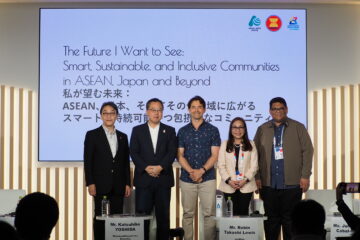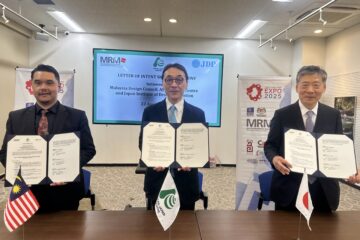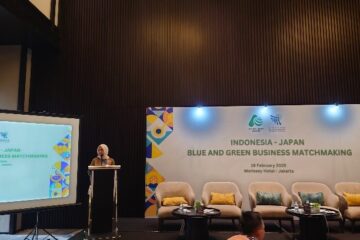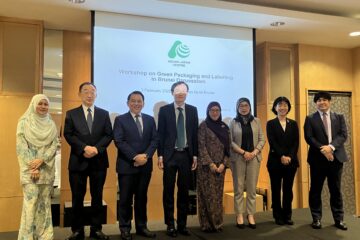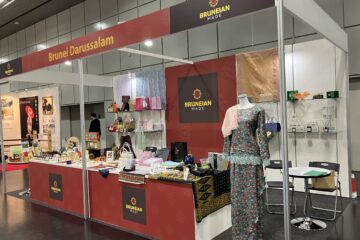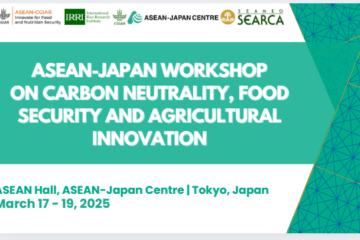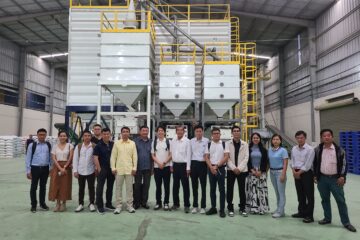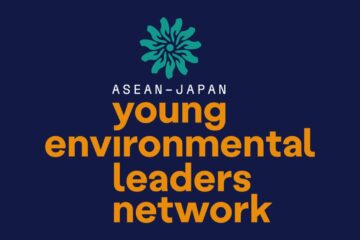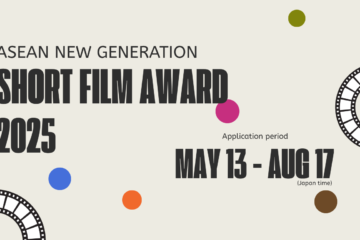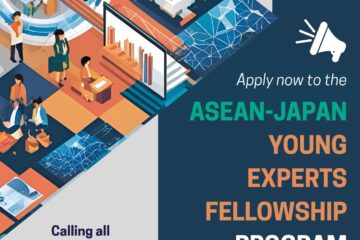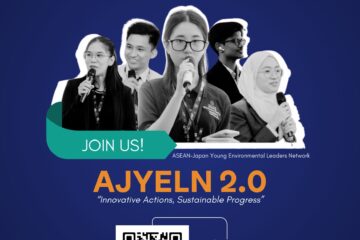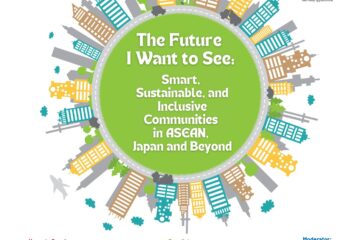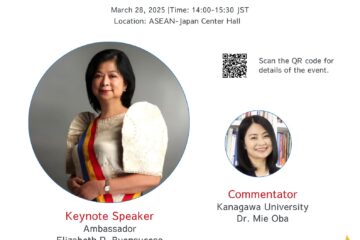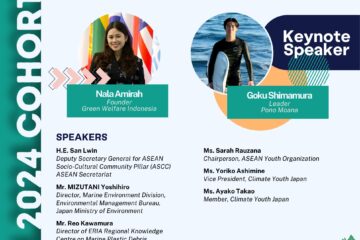AJC5.0(Our strategies)
AJC has created AJC 5.0, which serves as a mid-term strategic plan that includes “five goals, five strategies and five opportunities for reimagination”.
AJC5.0 Vision
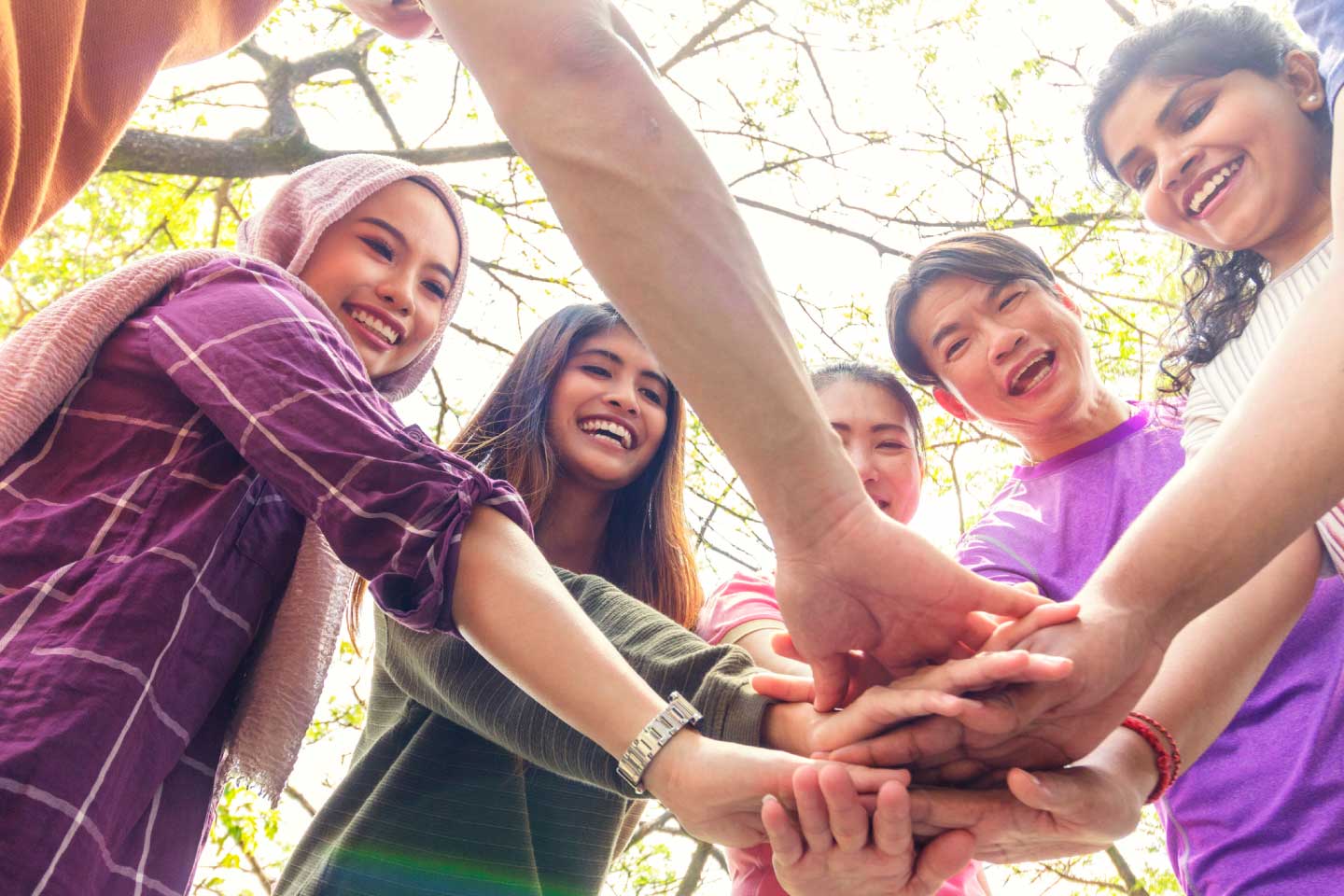
To be a regional champion of change toward human-centered, inclusive, sustainable and resilient society by contributing to the realization of the ASEAN-Japan common agenda in ASEAN VISION 2025 and SDGs through enhancing AJC’s targeted and strategic mandates in trade, investment, tourism and people-to people exchanges between ASEAN and Japan.
Five Goals
Five acceleration strategies
AJC 5.0 has identified undernoted five acceleration strategies.
- Use the power of data, evidence, facts, and research to drive change toward sustainable and inclusive trade, investment, and tourism between ASEAN and Japan.
- Contribute to the strengthening of the fit-for-context system by focusing on improving the enabling environment and building capacity, particularly among frontline decision makers, and enhancing resilience.
- Strengthen advocacy and communication to facilitate changes beneficial for people in ASEAN and Japan.
- Leverage the power of partnerships with key stakeholders, including SMEs, women, and young people, to win support from decision-makers and the public in ASEAN and Japan.
- Attending to the needs and voices of the ASEAN Member states and Japan, analyze the needs and their backgrounds, and jointly create and implement solutions.
Five opportunities
In the coming years, there would be several important and transformational events/points for Japan and ASEAN relationships, which AJC should strategically leverage to achieve greater impact. Such opportunities include the following:
- RCEP agreement has already been enforced now. Furthermore, Indonesia holds the presidency of the G20 for 2022, and Thailand hosts APEC in the same year.
- 2023 marks the 50th anniversary of Japan-ASEAN Friendship and Cooperation, 70th year of Cambodia-Japan, and 65th year of Indonesia-Japan as well as Vietnam-Japan diplomatic relations.
- In 2024, the pandemic would be globally contained and actions toward smarter, greener, and safer ASEAN would be accelerated; 40th year anniversary of Brunei Darussalam-Japan diplomatic relations, 70th year anniversary of Myanmar-Japan diplomatic relations.
- 2025 is the last year of ASEAN 2025, 70th year anniversary of Lao PDR-Japan diplomatic relations.
- OSAKA Expo 2025 is held with the theme of designing future society for our lives through two interconnected subthemes of how to lead a healthy life in a diverse manner, and sustainable socioeconomic systems.


